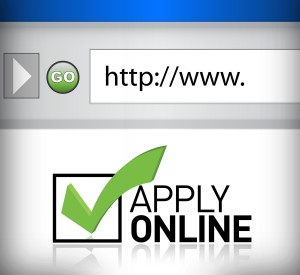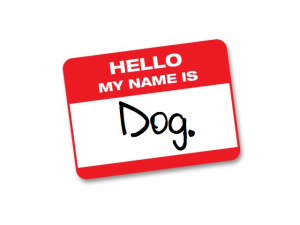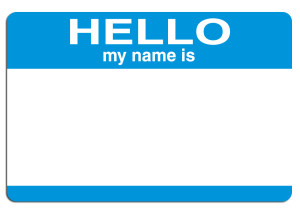 We all do it… we see what looks like a really cool job and we think “why not apply?” Then the pain begins… You start the online application process. Here are a few don’ts to pay attention to in the process.
We all do it… we see what looks like a really cool job and we think “why not apply?” Then the pain begins… You start the online application process. Here are a few don’ts to pay attention to in the process.
Don’t skip steps: Most ATSs ask (require) you to create a profile. The guise is you can be notified of future openings. The real reason is so they can screen you out or in for this and possibly future openings. I am not saying this is a bad thing, just that you need to pay attention from the beginning because one slip-up and the recruiter never sees your information.
Don’t rush through it: Yes, I realize that it takes upwards of an hour to fill out just one online application. But remember, the ATS is created for the employer, not for you. Be sure you fill out all the areas. Pay close attention to spelling and grammar. Some people still think that a spelling error is a sign of a bad candidate/employee.
Don’t apply angry: While you are completing an online application you will probably utter these words: “why do I need to type this in again? I just uploaded my resume that includes that!” Again, remember, the ATS is created for the employer, not for you. That is why most ATSs want a separate field for each job (they can measure your tenure at each position), education, skills, etc… It makes it easier for the Big Data people to turn your information in to 1s and 0s to be analyzed. I do find it funny that the word “anal” is in analyzed 🙂
Don’t forget to save often: If you are able to periodically save your work then do so. If you think you are frustrated filling out an online application just wait till you get a power flash or you get a 404 error. Then you get the pleasure of starting all over again. Another trick is to type the information in Word and then paste it into the ATS.
Don’t trust spellcheck: At the very least read everything you write out loud. It is also a good idea to have someone else spellcheck it.
Don’t just apply and pray: You want to network and try to get in front of the hiring manager or HR person at that company. The only thing better than having your information show up in a company’s ATS search is to have the hiring manager or recruiter go looking for your information by name. Most companies LOVE employee referrals, so try to connect to their employees directly or through social media.
It is true that only about 20% of people find their jobs through applying online. But if you are part of that 20% do you really care? Just allocate your job search time effectively. Only spend about 20% of your time on job boards.
Al
The difference between something good and something great is attention to detail.
Charles R. Swindoll




